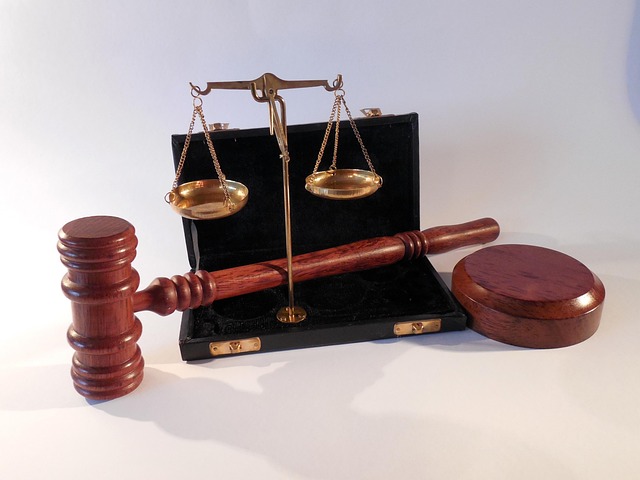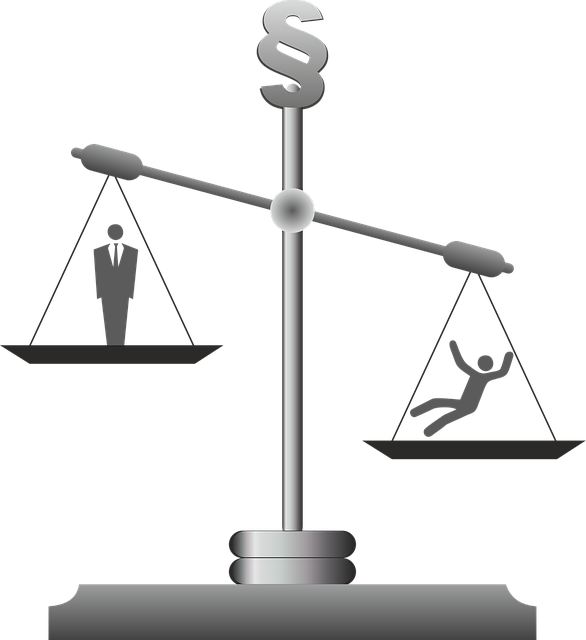RF Regulatory Agencies play a crucial role in ensuring ethical RF technology use, investigating violations from unauthorized transmissions to infrastructure interference. In these cases, Ethical Considerations in Plea Bargaining Agreements are vital for balancing public safety, regulatory compliance, and the rights of accused parties. Transparent communication and fairness are key during negotiations, with a history of ethical RF compliance being a significant factor. This approach fosters public trust and revolutionizes industry operations within legal boundaries.
“RF Regulatory Agency Investigations: Navigating Ethical Waters and Maintaining Transparency
Regulatory agencies play a pivotal role in ensuring compliance with Radio Frequency (RF) technologies. This article delves into the intricate world of RF regulatory bodies, focusing on their roles and the ethical complexities surrounding plea bargaining agreements. We explore the importance of transparency and accountability in investigations while uncovering potential pitfalls and best practices. By understanding these aspects, industry professionals can navigate legal challenges ethically, fostering trust and integrity within the RF technology landscape.”
- Understanding RF Regulatory Agency Roles
- Plea Bargaining: Ethical Frameworks Explored
- Transparency & Accountability in Investigations
Understanding RF Regulatory Agency Roles

RF Regulatory Agencies play a pivotal role in ensuring the ethical use and compliance with radio frequency (RF) technologies. These agencies are tasked with investigating potential violations, from unauthorized transmissions to interference with critical infrastructure. Understanding their roles is crucial for businesses and individuals navigating high-stakes cases involving RF technologies.
In these investigations, Ethical Considerations in Plea Bargaining Agreements come into play, especially in complex or contentious situations. The agencies must balance public safety and regulatory adherence while also protecting the rights of accused parties, ensuring fair processes that can lead to just outcomes. This delicate balance is particularly important given the technical nature of RF matters, which often require specialized knowledge for both investigators and those facing charges, ultimately shaping the trajectory of jury trials in these unique cases.
Plea Bargaining: Ethical Frameworks Explored

Plea bargaining is a critical aspect of criminal justice systems, allowing for more efficient case resolution and reduced court backlogs. However, it raises complex ethical considerations in the context of RF Regulatory Agency investigations. When an individual or company faces charges related to radio frequency (RF) regulations, the negotiation process becomes intricate, especially when exploring plea bargain agreements.
The ethical frameworks surrounding these negotiations must balance the need for swift resolutions with ensuring fairness and integrity. In cases involving high-stakes RF violations, such as unauthorized transmissions or equipment tampering, the potential consequences are significant. Therefore, legal professionals involved in plea bargaining must navigate these complexities while upholding professional standards. This includes transparent communication, avoiding coercion, and ensuring that any agreements reached are just and proportionate to the respective business’s involvement in the violation. An unprecedented track record of successful RF regulatory compliance can be a factor in these discussions, demonstrating a commitment to ethical practices within the industry.
Transparency & Accountability in Investigations

In the realm of RF Regulatory Agency investigations, transparency and accountability are paramount. These agencies, tasked with ensuring compliance across a diverse range of industries, must uphold integrity throughout their processes. This includes clear communication with all stakeholders, from corporate and individual clients alike, to foster trust and understanding. An unprecedented track record of ethical considerations in plea bargaining agreements further strengthens the agency’s commitment to fairness and justice.
By prioritizing transparency, these regulatory bodies not only maintain public confidence but also encourage proactive compliance. They enable both businesses and individuals to navigate complex regulations with confidence, knowing that every step is measurable and accountable. This approach ensures a level playing field, where no party enjoys an unfair advantage, thereby revolutionizing the way industries operate within legal boundaries.
RF Regulatory Agencies play a vital role in ensuring compliance with radio frequency (RF) standards, and their investigations are crucial for maintaining a fair and transparent landscape. By exploring ethical frameworks in plea bargaining agreements, these agencies can balance enforcement with leniency, fostering an environment of accountability. Transparency in the investigative process is key to winning public trust, while upholding Ethical Considerations in Plea Bargaining Agreements ensures fairness for all parties involved. This multifaceted approach allows RF regulatory bodies to navigate complex cases effectively and uphold their mission.






